Rediscovering meaning in a fractured reality
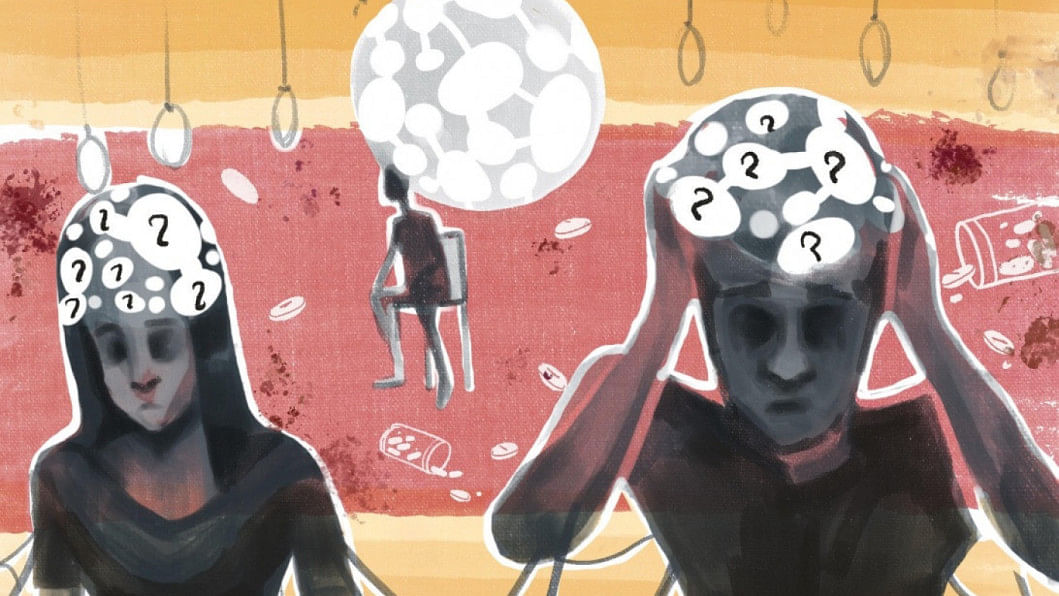
"In the middle of difficulty lies opportunity"—this is a hopeful refrain from Albert Einstein, whose own life was marked by upheaval, exile, and intellectual solitude. Yet, to the average person today, who is struggling with global crises and personal insecurities, such optimism might feel elusive—even naïve. The present moment is not merely difficult; it is suffocatingly uncertain. From economic turmoil and political chaos to personal disintegration and mental health deterioration, the world seems caught in the throes of a quiet, universal anxiety.
Across borders and cultures, a pattern emerges: fear, restlessness, and a gnawing sadness that transcends material reality. The structure of society itself appears to be trembling: governments falter, public trust erodes, communities fragment, and individuals find themselves isolated amid a sea of digital noise and sociopolitical confusion. What was once solid now seems slippery; what was predictable now feels precarious.
This is the age of mental stress, a silent killer cloaked in invisibility, wreaking havoc on the lives of billions. And while its symptoms may be subtle—a sleepless night here, a racing heart there—its long-term consequences are profoundly grave. Depression, anxiety disorders, emotional fatigue, and burnout have ceased to be exceptions. They are now the norm.
Mental stress is no longer confined to urban sprawls or high-powered jobs. As technology permeates the remotest villages, and the global economy impacts every household, even rural lives are no longer insulated. The speed of modernity, the glut of information, the cult of productivity, and the constant need to "keep up" have together forged a psychological battleground from which few can escape unscathed.
Victor Frankl, a Holocaust survivor and author of Man's Search for Meaning, once observed, "When a person can't find a deep sense of meaning, they distract themselves with pleasure." But in the digital age, pleasure has become its own kind of tyranny. Social media offers dopamine but no peace; instant connectivity brings exposure but not intimacy. The human soul, once enriched by slowness, silence, and spiritual reflection, is now under constant siege by noise, comparison, and distraction.
This explains why, despite technological advancements and material abundance, the epidemic of mental unrest continues to grow. The World Health Organization (WHO) reports that nearly one in eight people globally live with a mental health disorder. Suicide has become one of the leading causes of death among young adults. Even children now exhibit symptoms of chronic stress—a devastating indictment of our collective failure to build an emotionally sustainable society.
Where does this stress originate? The answer is complicated.
Firstly, political instability and the erosion of democratic values around the globe create an ambient fear that the future is neither safe nor fair. Economic inequality adds fuel to this fire, with growing number of people facing unemployment, underemployment, or exploitative work conditions. At home, broken family systems, generational trauma, and emotional isolation hollow out the spaces that once offered refuge.
Then there is the problem of overidentification with success and failure. As J.K. Rowling poignantly puts it, "It is impossible to live without failing at something, unless you live so cautiously that you might as well not have lived at all." But society no longer permits such leeway. Failure is taboo; vulnerability is weakness. This leaves people trapped in a cycle of perfectionism and despair.
It is easy to blame the world for our stress—and certainly, systemic reform is essential—but we must also confront the truth: much of our suffering arises from within. We try to control the uncontrollable. We replay regrets from the past and manufacture fears about a future that hasn't arrived. This cognitive distortion—catastrophising, generalising, personalising—has been well-documented by psychologists. Aaron Beck, father of cognitive behavioural therapy (CBT), identified that distorted thinking is central to anxiety and depression. By restructuring these thought patterns, he argued, individuals can reclaim agency over their emotional state.
Thus, the first step towards liberation is self-awareness. As Socrates taught, "Know thyself." In understanding our fears, motives, and habits, we acquire the tools to reframe them. This is not an esoteric task, but a deeply practical one. A journal, a walk in nature, honest conversations, or even a few minutes of mindfulness each day—these can be revolutionary acts of healing in a world that thrives on our disconnection from self.
Beyond introspection, there is a profound need for something greater: belief. Not only religious faith, though that too has proven a balm for many, but belief in the inherent value of life and the resilience of the human spirit. Fyodor Dostoevsky once declared, "The mystery of human existence lies not in just staying alive, but in finding something to live for." Whether that "something" is family, service, creativity, or a cause, it must be found and held onto tightly.
But individuals cannot bear this burden alone. Society must change. Mental health should be treated with the same urgency and funding as physical health. Workplaces need to adopt human-centric policies. Schools must teach emotional intelligence alongside academics. We need public discourse that values compassion over polarisation, understanding over judgement.
As philosopher Martin Buber said, "All real living is meeting." This simple truth reminds us that the path forward lies not in isolation, but in connection. In solidarity. In mutual care.
Despite the darkness of the times, there is, indeed, light at the end of the tunnel. History attests that humanity has always risen from ashes—be it after world wars, plagues, or great depressions. We are still here, still breathing, still hoping. And that, in itself, is a triumph.
To trust in the future is to trust in ourselves. This is not a passive hope, but an active resistance against despair. It is what psychologists call "post-traumatic growth"—the idea that suffering, though painful, can lead to transformation and renewal.
We must, therefore, reclaim our mental well-being not only as individuals but as a collective. Through compassion, authenticity, and inner strength, we can pierce the gloom. As Japanese author Haruki Murakami once wrote, "And once the storm is over, you won't remember how you made it through… But one thing is certain. When you come out of the storm, you won't be the same person who walked in."
In that truth lies our greatest hope. That no matter how long or dark the tunnel may be, we don't walk it alone. That eventually, we will emerge—not broken, but reborn.
H.M. Nazmul Alam is an academic, journalist, and political analyst. He can be reached at [email protected].
Views expressed in this article are the author's own.
Follow The Daily Star Opinion on Facebook for the latest opinions, commentaries and analyses by experts and professionals. To contribute your article or letter to The Daily Star Opinion, see our guidelines for submission.

 For all latest news, follow The Daily Star's Google News channel.
For all latest news, follow The Daily Star's Google News channel. 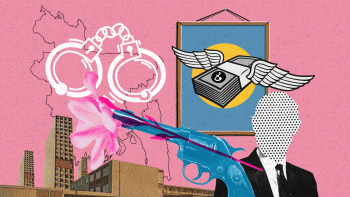
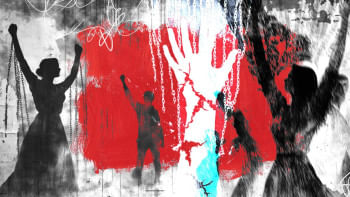


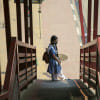


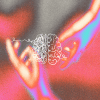
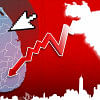


Comments